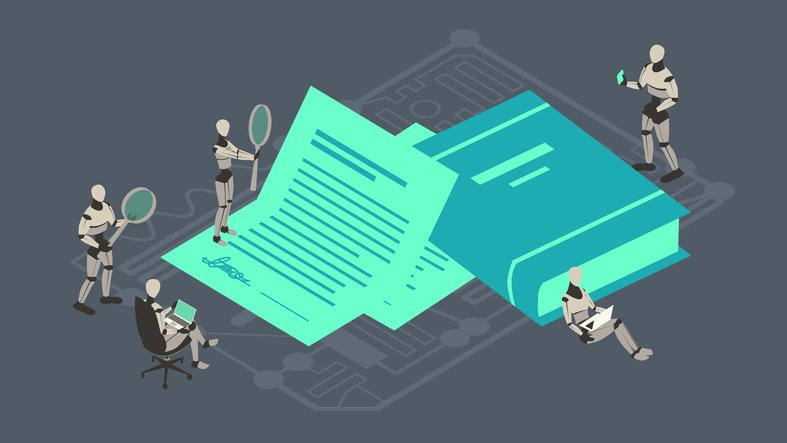Understanding Non-Disclosure Agreements: Safeguarding Sensitive Information and Protecting Competitive Advantage
A non-disclosure agreement (NDA), also referred to as a confidentiality agreement, is a legally enforceable contract that imposes an obligation on the signer to maintain the confidentiality of specific information. This information usually includes sensitive and confidential details such as trade secrets, proprietary formulas, manufacturing processes, business strategies, settlement terms, client lists, sales contacts, prospect information, and non-public accounting figures.
The purpose of an NDA is to protect the disclosing party's confidential information from being disclosed to third parties or competitors. The NDA sets out the terms and conditions for sharing confidential information with the receiving party. The agreement typically includes provisions on the scope of the confidential information, the duration of the obligation, the consequences of a breach, and any exceptions to the confidentiality obligation.
An NDA is a vital tool businesses, individuals, and organizations use to safeguard their confidential information. It is commonly used in various scenarios, such as business partnerships, employment agreements, mergers and acquisitions, and collaborations with third-party vendors. By signing an NDA, the recipient is legally bound to keep the confidential information secret and to prevent any unauthorized disclosure or use of the information.
It is important to note that certain public records, such as SEC filings or company addresses, are not protected by an NDA. The courts determine the level of protection an NDA provides based on the agreement's wording.
It is often recommended to hire a lawyer to ensure complete protection when dealing with confidential information. In certain situations, if someone can prove they had prior knowledge of certain confidential information before signing the NDA, they may be exempt from penalties. An experienced attorney can provide proper guidance on effectively safeguarding sensitive data. It is also important to note that not all information is protected by an NDA. If the disclosure of information occurs due to a court-ordered subpoena, the affected party may not have legal recourse.
NDAs protect confidential information that an individual or business wants to keep secure. NDAs can be of two types: Unilateral and Mutual.
A Unilateral Agreement is one where only one party is bound to keep the information confidential. This type of NDA is commonly used for employees or contractors who agree not to disclose confidential information they come across during their employment or engagement.
A Mutual Agreement, on the other hand, binds both parties to the NDA. This type of NDA is usually required for joint ventures, mergers, or acquisitions, where both parties must share confidential information without worrying about it being disclosed to other parties or made public.
Why Would a Business Require an NDA?
Businesses often require NDAs to safeguard confidential information, such as business plans, recipes, "how-to-create" information, new inventions, and other proprietary knowledge. The purpose is to prevent competitors from stealing or copying ideas and to protect the business's competitive advantage.
How Do NDAs Work?
If a company or an individual has sensitive information they do not want to share with third parties, they can ask the other party to sign an NDA. Situations that might require an NDA include hiring contractors with access to confidential information, conducting due diligence for business partnerships or acquisitions, discussing proprietary details with potential investors, sharing trade secrets with employees, disclosing proprietary information to external parties, or engaging the services of an accountant.
Penalties Associated With Non-Disclosure Agreements
When you sign an NDA, you are legally obligated to keep the information you have agreed to keep confidential. The NDA can be valid for a specific period or even indefinitely. In case you breach the NDA, the agreement usually specifies penalties you would have to pay. These penalties could be in the form of compensation for any losses the other party may have incurred due to the breach of the agreement.
Are NDAs Necessary for Start-ups?
All start-ups should have an NDA to protect their confidential information when working with contractors, employees, investors, and other relevant parties. Start-ups must safeguard their proprietary knowledge, as disclosing it to unauthorized individuals can harm their competitive advantage.
Are you interested in learning more about NDAs? If the answer is yes, then you are in luck. We have a collection of informative and insightful blog posts you can access by clicking the button below. Whether you want to understand the basics of NDAs or delve deeper into their legal implications, our blog has got you covered. So why not discover all there is to know about NDAs and other legal matters?
**The information provided herein is a general background of contractual, technology and intellectual property law concepts. It does not constitute legal advice, and should not be relied upon as legal advice. Athena Innovation & Legal, nor the author, make no express or implied representations or warranties in respect of the information, including but not limited to the accuracy of the information.**

